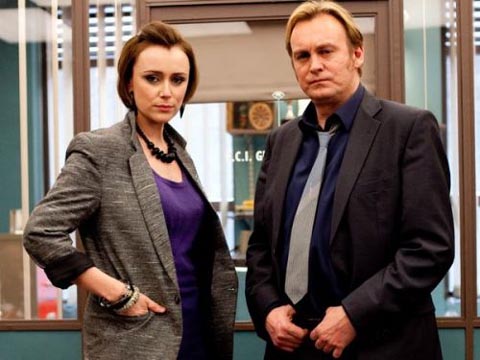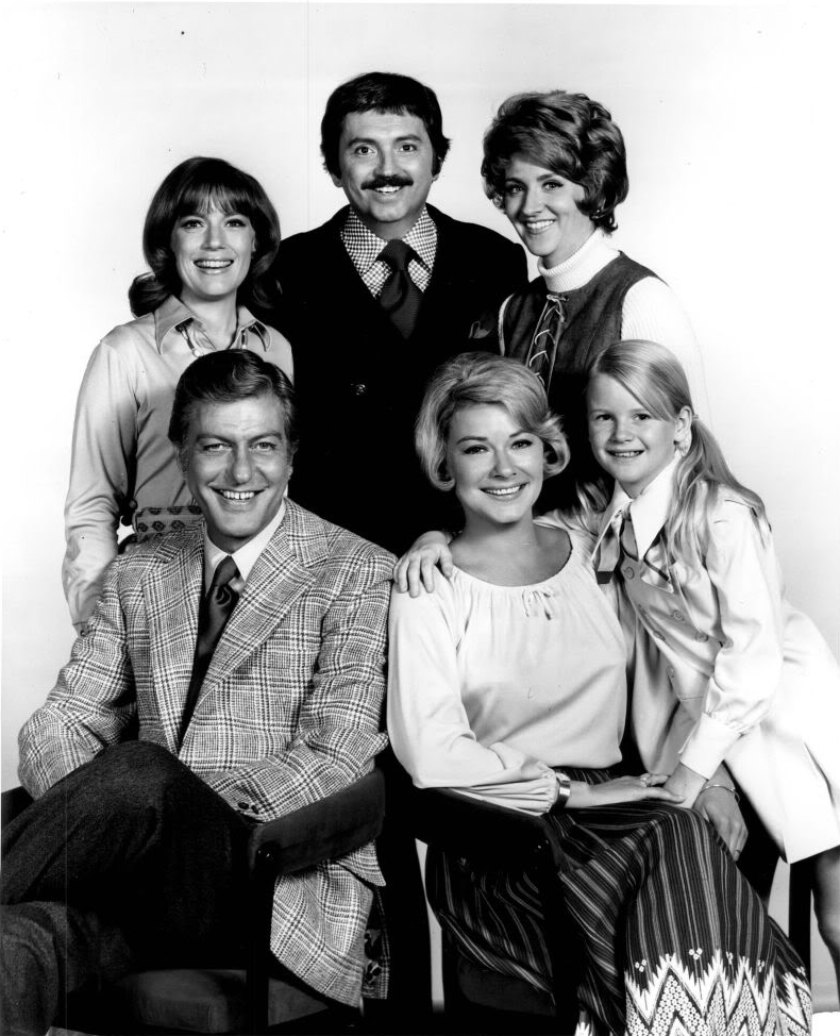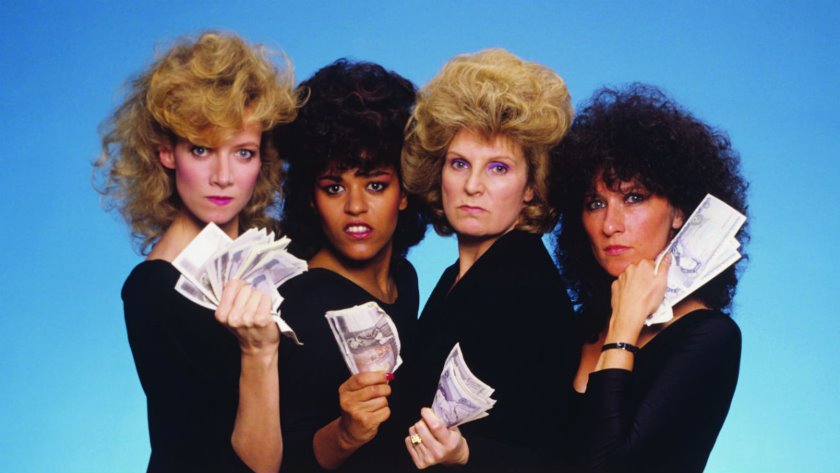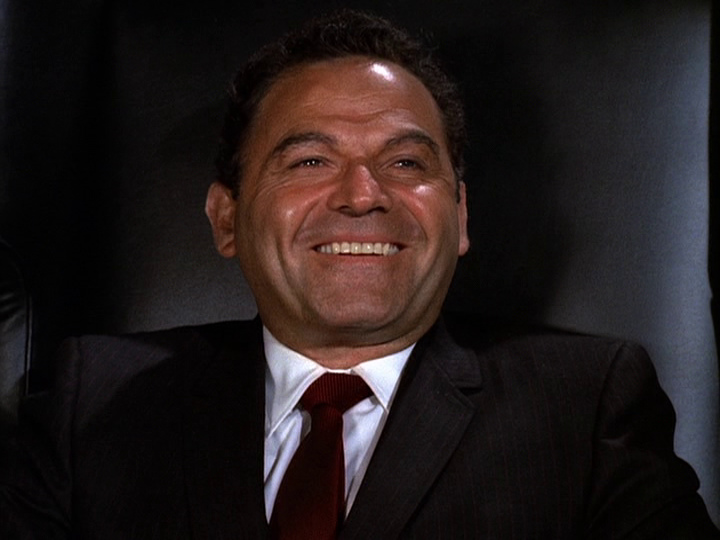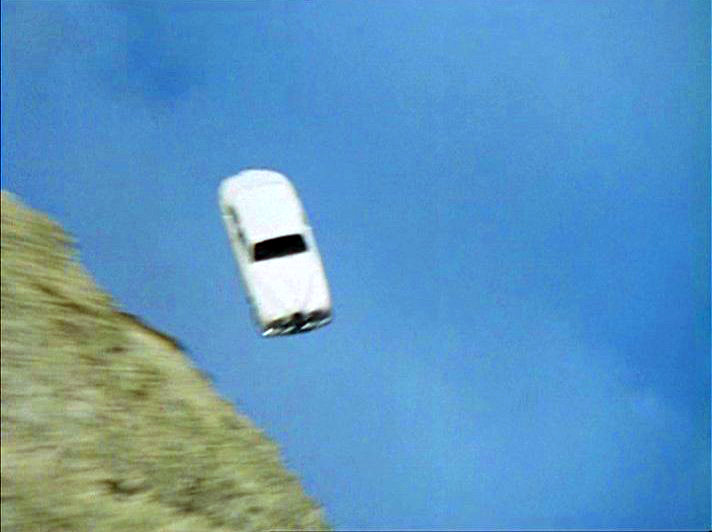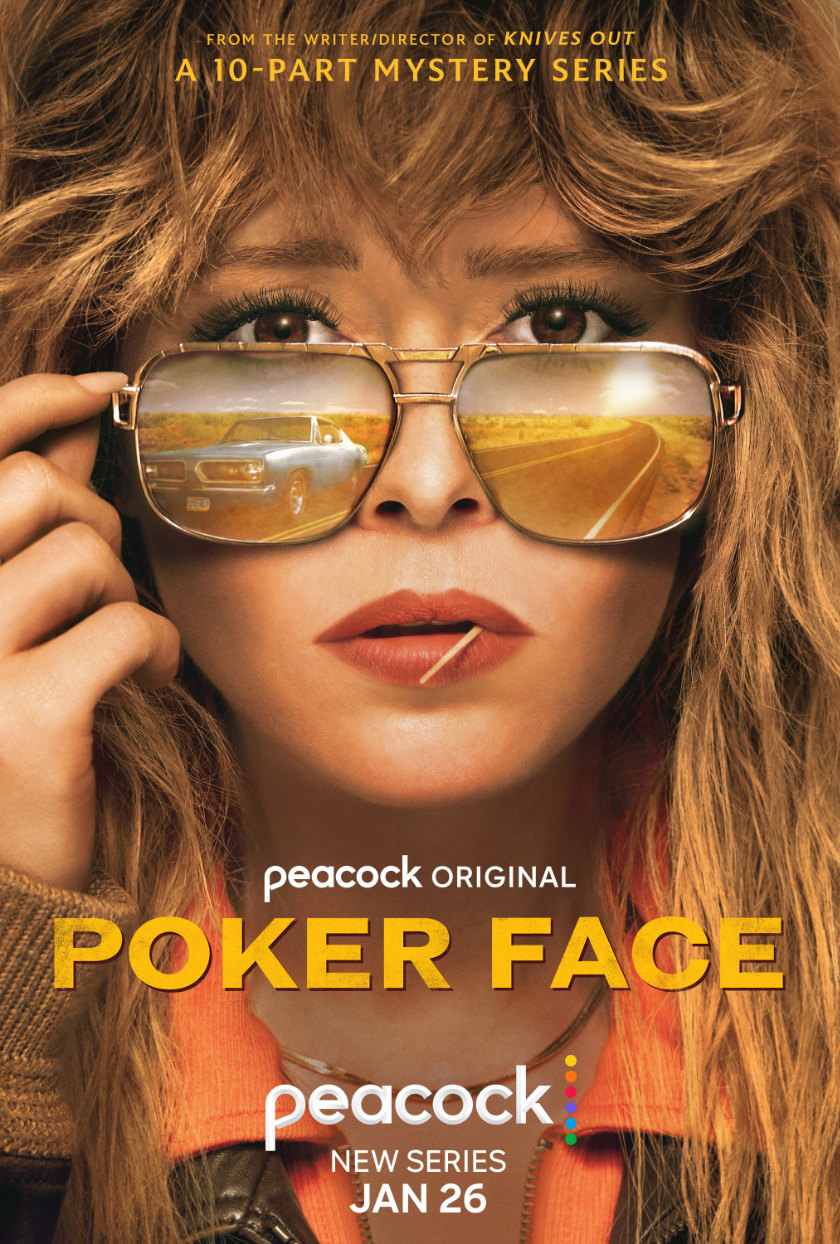
Above: I spy Natasha Lyonne and a Plymouth Barracuda. So the car is part of her screen identity? So it should be, it’s television. I might have to watch this.
Two very fascinating responses come up in Wired’s interview with director Rian Johnson on the Netflix release of his film Glass Onion.
I’m not going to refer to it with the bit after the colon in the Netflix release because it doesn’t make any sense. If you’re that stupid to require its presence, you won’t be able to follow the film anyway. (Johnson was annoyed that it was added as well. I can see why.) The second Peter Ustinov-led Poirot film in 1982 wasn’t called Evil under the Sun: a Death on the Nile Mystery. Studios obviously thought we were smarter 40 years ago.
Anyway, the first quotation, on social media trolls, where Johnson believes they have to be shut down, not ignored. Between Wired’s senior editor Angela Watercutter and Johnson:
Wired: It does feel like a shift. Ewan McGregor issued a statement pretty quick saying that this doesn’t represent the fandom. And like you said at WIRED25, 99 percent of the fandom isn’t trolls.
Johnson: Well, and also, that 1 percent tries to do this shell game where they say, “Anyone who doesn’t like the movie is a racist.” That’s a bad faith argument. It’s so clear. We’re not talking about whether you like something or whether you don’t, we’re talking about whether you’re toxic and abusive online and whether you’re an odious sexist racist.
Just something to keep in mind if you still use Facebook or Twitter, where these sorts of discussions erupt.
Second one, and why I began blogging about the interview: Johnson is working on a TV series called Poker Face for Peacock, with weekly release and stand-alone stories.
Oh, so each episode is a standalone?
It was a hugely conscious choice, and it was something that I had no idea was gonna seem so radical to all the people we were pitching it to. [Laughs] The streaming serialized narrative has just become the gravity of a thousand suns to the point where everyone’s collective memory has been erased. That was not the mode of storytelling that kept people watching television for the vast history of TV. So it was not only a choice, it was a choice we really had to kind of fight for. It was tough finding a champion in Peacock that was willing to take a bet on it.
All my favourite series follow this format and I was deeply surprised that it’s been gone so long that it seems radical in the early 2020s.
It’s actually why I tend not to watch much television these days, because all those shows are history.
Who wants multi-episode story arcs? I want an hour of escapism and next week I want another hour and I honestly do not care if character A picks up traits or clues about their father’s brother’s roommate’s missing excalibur each week and its relevance to their superpowers. If the characters are reasonably fleshed out, then I’ll enjoy the standalone stories on their merits, thanks. Maybe give me a little bit of the underlying mystery in the first and last episodes of the season. Or maybe not, I just don’t care.
These are the sorts of things I have boxed sets of: The Persuaders, Return of the Saint, The Professionals, The Saint, The New Avengers, Mission: Impossible, UFO, Department S, The Sweeney, Dempsey and Makepeace, Hustle, Alarm für Cobra 11: die Autobahnpolizei. By the 2000s, I did think it was odd that Hustle was being compared to The Persuaders and how it parodied the formula. What parody? The shows are not that alike. Now I think the writer must have been getting at the standalone nature of its episodes (though there were some that connected through various seasons). It was that unusual by the 2000s for Hustle’s structure to be considered parodic.
As many of you know, I have Life on Mars but only because by then that was the closest thing to the formula, even if Sam Tyler is trying to figure out what’s happened to him in the background each week. I also have recordings of The Paradise Club, and prefer season 2 to season 1 because of its standalone episodes. I have fond memories of the US shows such as Knight Rider, Automan and CHiPs but never went as far as getting the DVDs.
Johnson is roughly the same age as me—he’s a year younger—so he’ll have grown up with the same influences. His statement that this was how people watched TV for the majority of its history is bang on. Just on that alone, I might find out what Poker Face is about. Maybe we Xers will start getting things we’d like to watch after decades of reality TV and a decade of realty TV, neither of which interests me.

